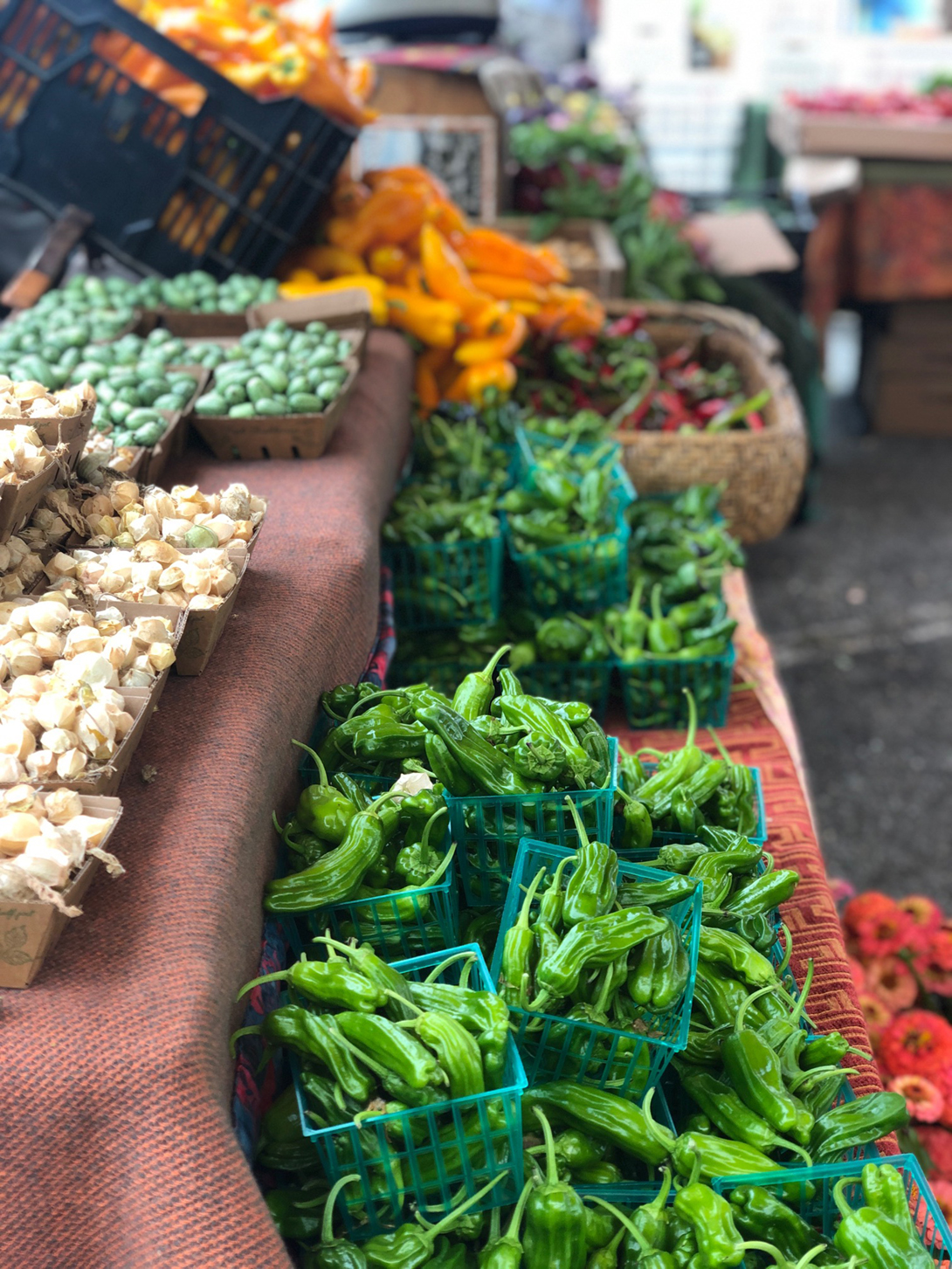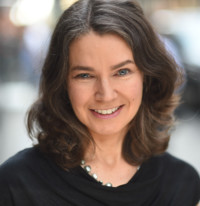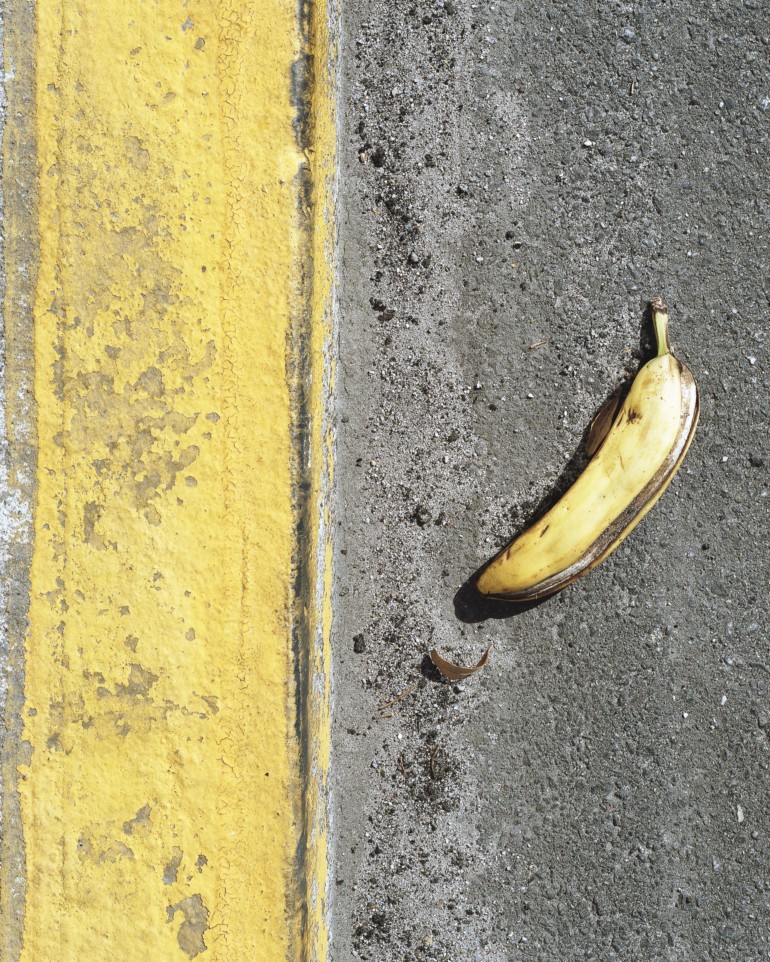Marin County was spared one environmental impact of Covid-19 lockdown: food rotting in fields when restaurant business vanished overnight. Strong local institutions saved us: Marin’s farmers’ markets, run by Agricultural Institute of Marin (AIM), provided farmers an immediate outlet which bought them time to build CSA and online businesses.
Within weeks after the start of lockdown AIM launched the “Bounty Box” program. AIM purchases produce in bulk, packages a selection in each box, and sells each for $30 ($15 for recipients of CalFresh thanks to Bank of America for convenient pre-ordered, prepaid curbside pickup at the Thursday farmers’ market. Many farmers have said that the bounty box has helped keep their business viable.
As the pandemic has continued and farmers have adapted, AIM especially purchases from Asian, Latinx, women, or immigrant producers or farmers using regenerative techniques to nurture their land. And thanks to support from the Office of Kat Taylor and Growing the Table, AIM also assembles 250 free bounty boxes each week, which ExtraFood.org delivers to communities.

Low-income families are now enjoying Marin’s finest produce, both through the bounty boxes and the farmers’ markets. In the year leading up to November 2020, the number of households using CalFresh at AIM’s farmers’ markets increased 87%.
“We’ve taken advantage of the disruption of the pandemic to support local farmers and fight hunger,” says Andy Naja-Riese of AIM. “We help protect Marin’s agricultural environment and also give lower-income people fresh real food, rather than the processed food that often predominates in food charities.”
How to help:
Consider supporting one of these local nonprofits that urgently need support during the pandemic.
More from Marin:
- 8 Bay Area Independent Bookstores to Support During Covid-19
- A Better Buzz: Hard Kombucha
- Young Leaders in Marin’s Local Government Are Ready to Do the Work
 Anne-Christine Strugnell spent the first two decades of her career as a freelance writer for hi-tech firms while also publishing personal essays in MORE Magazine, Self, the Christian Science Monitor, and the Cup of Comfort series. In 2019, awareness of the climate crisis drove her to quit her day job to focus on environmental work. She is now an Al Gore-trained Climate Reality Leader and works as a volunteer for local environmental organizations including Resilient Neighborhoods and Environmental Forum of Marin.
Anne-Christine Strugnell spent the first two decades of her career as a freelance writer for hi-tech firms while also publishing personal essays in MORE Magazine, Self, the Christian Science Monitor, and the Cup of Comfort series. In 2019, awareness of the climate crisis drove her to quit her day job to focus on environmental work. She is now an Al Gore-trained Climate Reality Leader and works as a volunteer for local environmental organizations including Resilient Neighborhoods and Environmental Forum of Marin.


